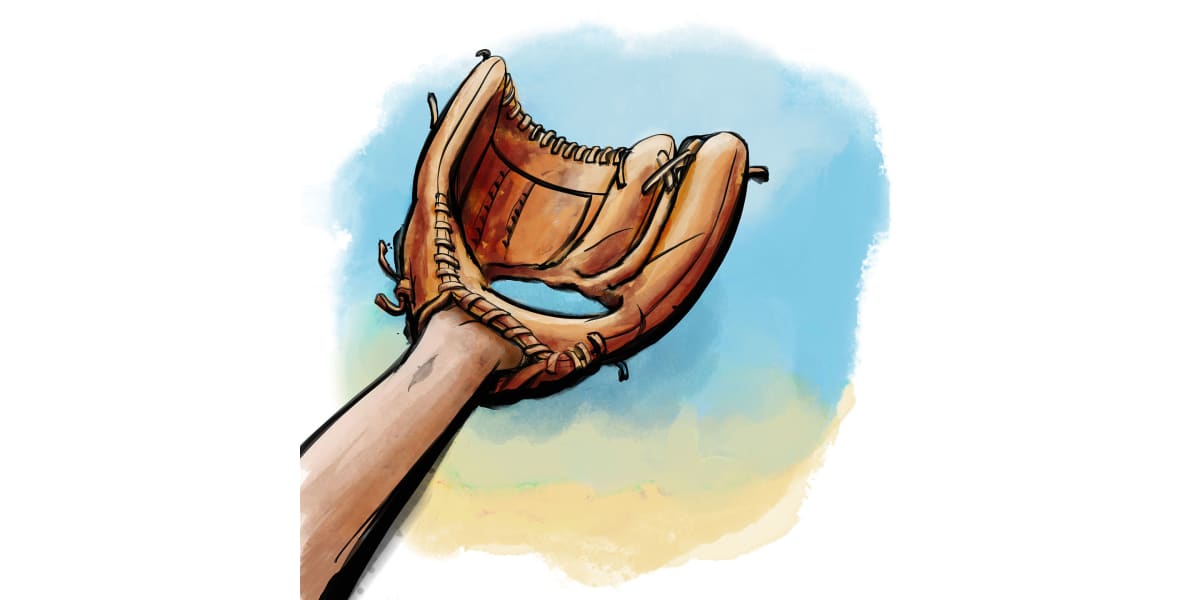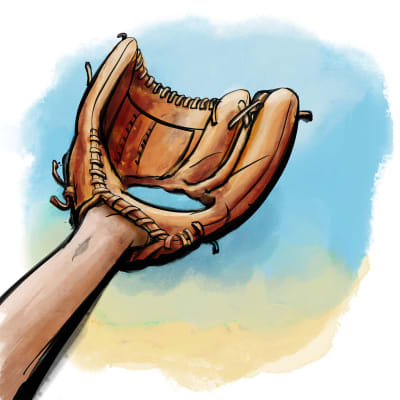Minor league baseball in survival mode amid contraction, virus
Melaleuca Field, home of the Pioneer League’s Idaho Falls Chukars, sits just east of the Snake River off Interstate 15 and U.S. Highway 20 in scenic southeast Idaho. It is roughly a 2-hour, 20-minute drive to the Snake River Canyon near Twin Falls where former Las Vegas resident Evel Knievel famously crashed his Skycycle.
These are days when Kevin Greene, the Chukars’ president, general manager and sometimes groundskeeper, can relate to a parachute deploying prematurely.
Like the intrepid daredevil of yesteryear, the minor league baseball team he oversees — and minor league baseball in general — finds itself in a precarious situation.
Major League Baseball, which subsidizes its minor league affiliates, is seeking to eliminate or at least reimagine 40 of them before next season in an attempt to modernize player development. All eight clubs in the rookie advanced Pioneer League were placed on the chopping block.
Then came the coronavirus pandemic that has virtually shut down sports and put many of the idle minor league clubs, whose business model is based almost solely on gate receipts and bobblehead dolls, on life support.
It’s starting to look like a fire that not even Mariano Rivera in his prime could put out. For minor league lifers such as Greene, it’s a good thing there’s no crying in baseball.
“This was supposed to be the year we celebrated our 80th season as a major league affiliate,” he said of a proud Idaho Falls baseball heritage that includes Billy Martin, Joe Maddon, Jose Canseco, Carney Lansford, Jake Peavy, Kevin Brown and the nucleus of the 2015 world champion Kansas City Royals.
“Now we’re in survival mode.”
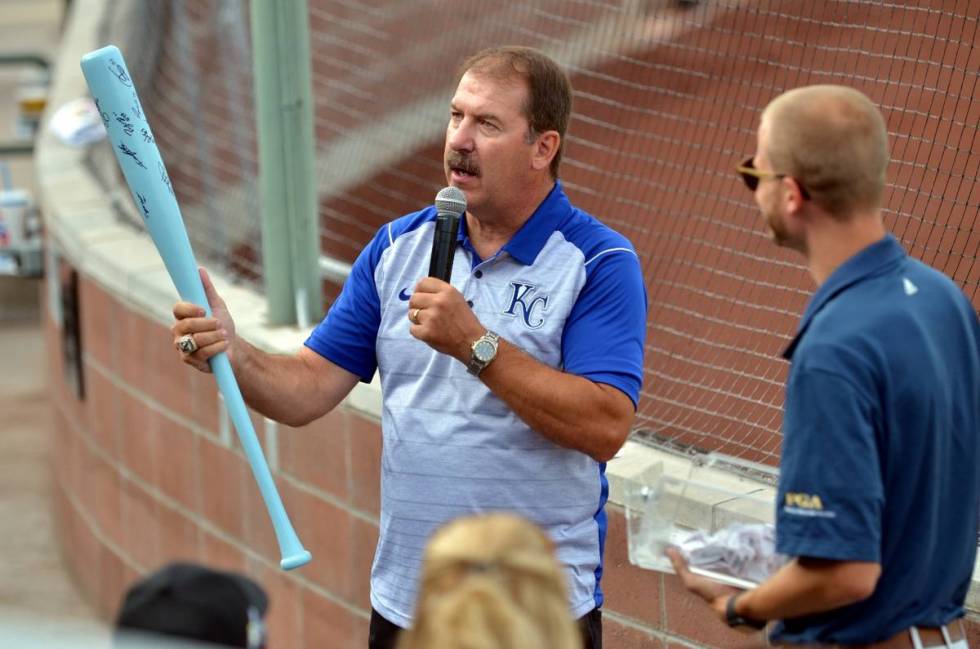
Warning shot
What had seemed a cozy relationship between MLB and its minor league affiliates changed dramatically with one metaphorical swing of the bat last winter when a list of clubs that MLB was considering for contraction went public.
The cuts would be made after the current Professional Baseball Agreement expires in September. They would trim the minor league ranks from 160 teams to 120 and radically change the game’s landscape, structure and culture.
“I don’t speak sabermetrics, but I think they think they don’t need to load as many players into their systems as they used to,” said Peter Freund, owner of the Triple-A Memphis Redbirds, the Class A Charleston RiverDogs and the Williamsport Crosscutters of the short-season New York-Penn League, one of the 42 MiLB franchises on the contraction list.
“I think (contraction) is just a math equation, and a dollar-and-cents equation.”
Many minor league executives believe it’s mostly about the dollars and cents it takes to build modern ballparks to MLB’s lofty standard. This is exactly what happened in Las Vegas last season when $150 million Las Vegas Ballpark replaced fading Cashman Field as home of the Triple-A Aviators.
When contacted for this story, MLB issued a statement that said: “Major League Baseball looks forward to continuing our discussions with Minor League Baseball about how we can jointly modernize player development and continue to have baseball in every community where it is currently being played — MLB’s goals since the beginning of our talks.
“We remain committed to good faith negotiations at the bargaining table aimed at making progress toward these goals and will have more to say on these issues as our discussions with MiLB warrant.”
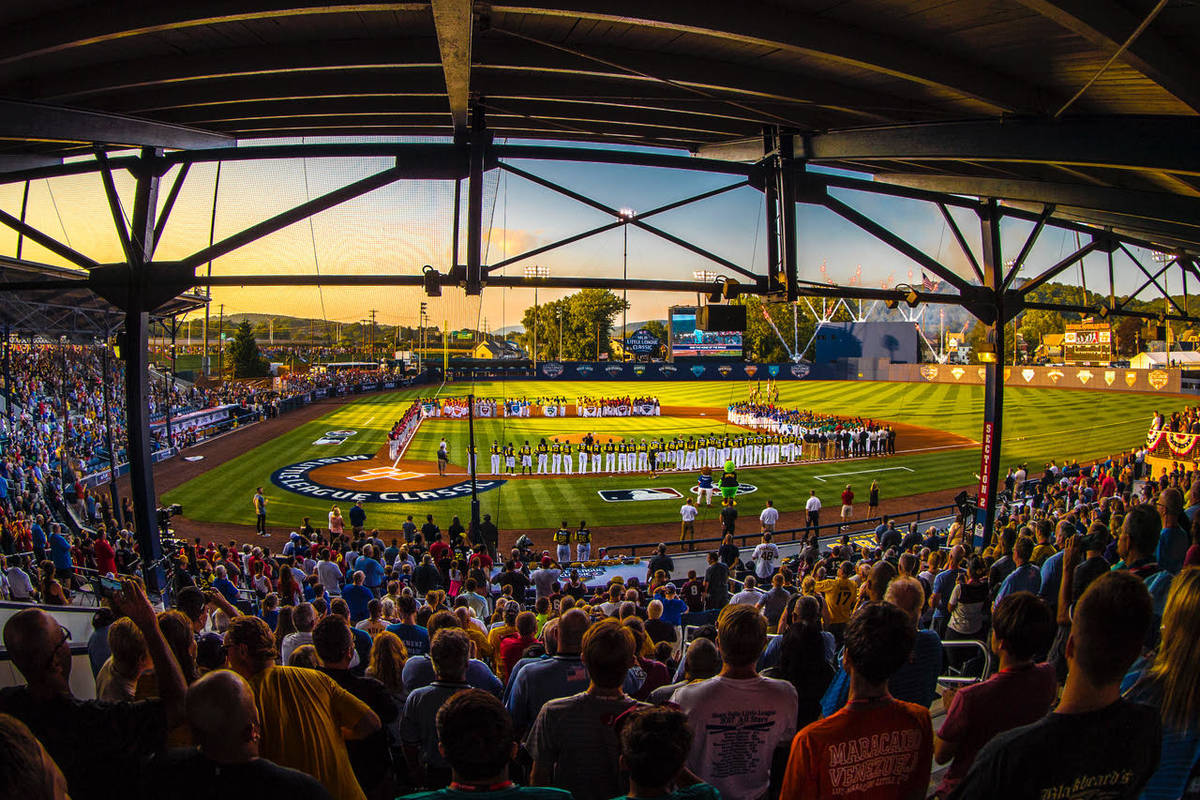
Vicious virus
These good faith negotiations notwithstanding, the future of minor league baseball was said to be on shaky ground. When COVID-19 strolled from the on-deck circle to home plate, it caused a full-blown earthquake.
Unlike their big league brethren, minor league clubs do not have giant guaranteed TV contracts and cash reserves to fall back on. Every day under social distancing is another day of revenue lost.
More confounding, say minor league officials, is the lack of communication between MLB and its affiliates about how to proceed. The sides haven’t talked since April.
As big league owners and players continue to squabble over salvaging their own season, entire minor league staffs have been furloughed or laid off. It’s become difficult to get a live person on the telephone. Dial up the Ogden Raptors, another of the Pioneer League’s dead men walking, and this is the cynical voicemail greeting you get:
“… the Raptors are slated to begin Pioneer League play on Friday, June 19. However, we have yet to be given verification or denial of that date happening, so we are in a state of flux. We do not know if we will start on time, or not play at all. We have been told nothing. …”
There was no ballgame June 19. Baseball fans in Ogden instead were invited to Lindquist Field to play catch with one another.
“They have not told is if we’re having baseball this year,” Idaho Falls’ Greene concurred before climbing aboard a riding mower to trim the outfield grass, just in case there is. “But I think we’ve seen enough to know that the chances of us hosting minor league baseball here are next to zero.”
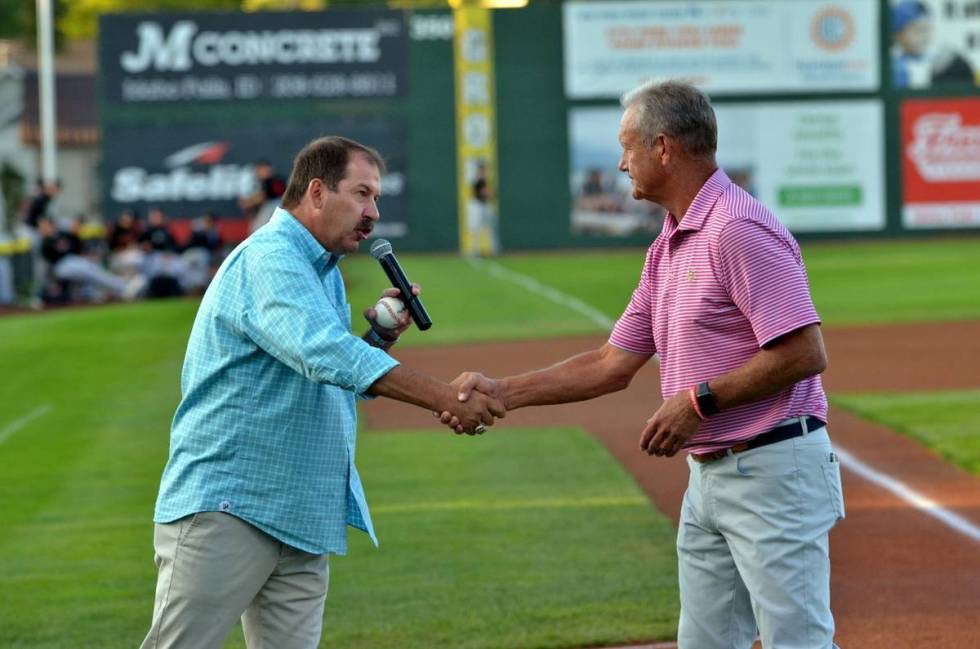
Paying it forward
To keep from laying off the Chukars’ six full-time employees, Greene said Melaleuca Field will become the sole domain of the Idaho Falls Post 56 Bandits, winners of last year’s American Legion World Series national championship. Chukars sponsorships have been rolled over to 2021 and offered for the Legion games at a reduced price.
But that expression of good faith also will put the Idaho Falls team in a big financial hole next season. If there is a next season.
It’s the same for all of the affiliates. But for those facing contraction, it’s akin to facing Gerrit Cole or Jacob deGrom with a Wiffle bat.
“The coronavirus has accelerated the situation on contraction of these clubs,” Freund said of having to furlough most of his staff in Memphis, Charleston and Williamsport. “The reality is that as Major League Baseball shut down, it just took the focus away from the contraction of these 40 clubs and put it on the survival of the live-event business in professional sports.”
If MLB moves forward with minor league contraction, many of the players who normally would develop skills in the short-season leagues may be placed in a “Dream League” based at MLB spring training sites or — in keeping with MLB’s stated goal of keeping baseball in its current communities — perhaps some of the contracted ballparks.
In theory, the money saved would be distributed among the players who remain under contract and who under the present setup must survive on minuscule salaries. Working conditions and travel schedules also would improve. No more long bus rides.
But those who have come up through the lower minors say learning to hit the cutoff man and pitch to contact in a controlled environment won’t be the same. And that, in time, one gets used to the exhaust fumes and utility men in the back of the bus playing harmonicas.
“Normally when you first get drafted, you go to a short-season league, but that’s not going to be the case anymore,” said Miami Marlins relief pitcher Brandon Kintzler of Las Vegas, who spent parts of two seasons with the Eugene Emeralds of the Northwest League after twice being selected in the 40th and final round of the MLB draft — a draft that probably will be halved to 20 rounds after contraction.
“You figure out a lot of stuff at those lower levels. You need those lower levels; otherwise there’s more pressure to perform at a higher level really fast.”
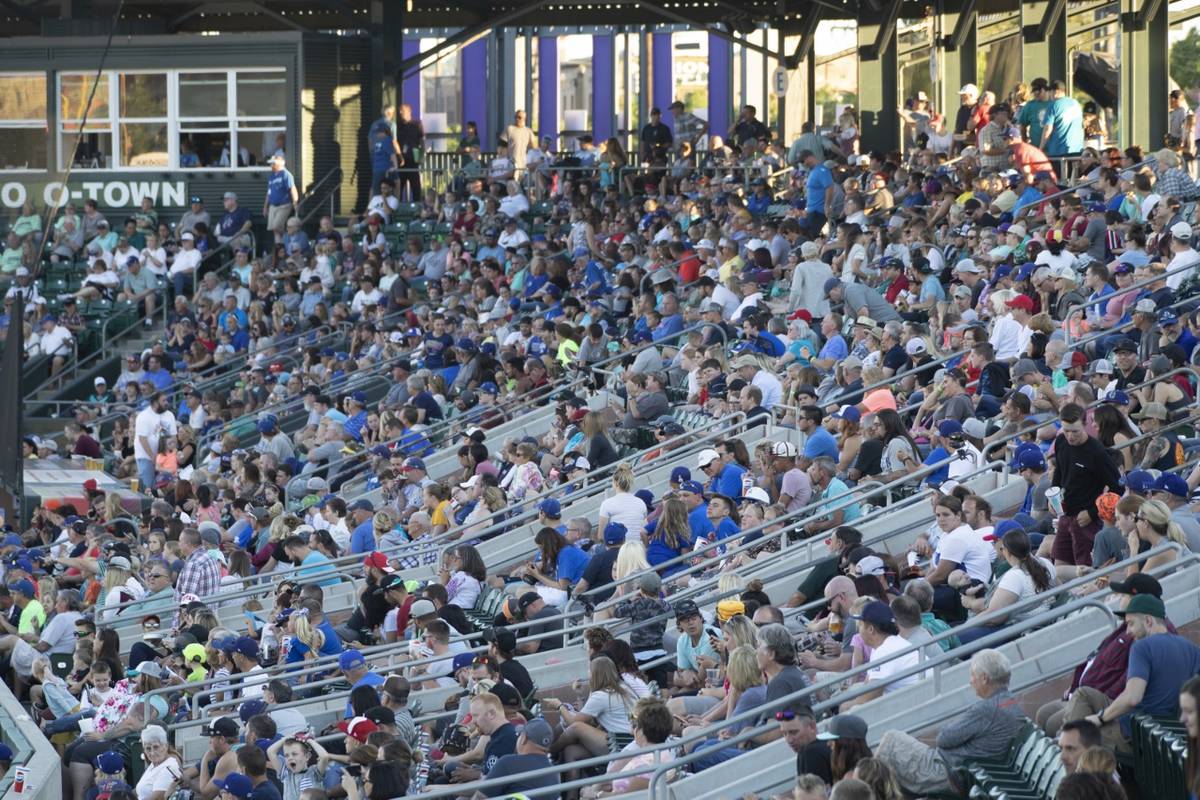
Contraction reaction
Outside the lines, the impact of contraction will be even more dramatic. Cities and towns that have hosted minor league teams for decades may be deprived of a popular summer pastime. Even in a best-case scenario, bonds with parent major league teams will be dissolved. Longtime fans may become disenfranchised — a situation many believe baseball can ill afford.
“Major League Baseball has become almost exclusive — you have to have a lot of disposable income to become a season ticket holder or a major sponsor,” Idaho Falls’ Greene said about attendance numbers that are trending up in the minors and down in the majors. “When I moved here in 1993, a general admission ticket was $5. Right now it’s $8.”
To a guy growing potatoes on the outskirts of town, that may sound like a better deal than driving 10 hours to Denver for a Rockies’ game and paying $145 for a club-level seat.
In Williamsport, Freund said the Crosscutters may provide a youngster from rural Pennsylvania with his only chance to witness a professional baseball game that will create an affinity for the Pirates or the Phillies when he grows up.
“They are going to grow up as baseball fans and then grow the game,” he said in referencing the family atmosphere on which the minor leagues were co-founded. “All of these clubs are a hub for camp groups and church groups and school groups — everybody does an outing to their local ballpark. It really is part of the fabric of these communities … and that’s why it is hard for us as minor league owners to understand why (MLB) would want to pull out.”
Branch Rickey III, president of the Pacific Coast League (which isn’t expected to be directly affected by contraction) and whose grandfather Branch Rickey is considered the architect of the baseball farm system, said it may be easy for some to dismiss the game’s reputation as the American pastime as a dated cliché.
But, he added, “We’re a pretty important function of society, in my opinion. When you step back and look at it, minor league baseball is vibrant in American communities. Think about our role in American literature and in film and art; we penetrate American society completely.
“So, I don’t think that any effort to reduce minor league baseball is well thought out. I think, in the long run, player development will want to broaden out again. There’s too much advantage, I think, to a broader base.”
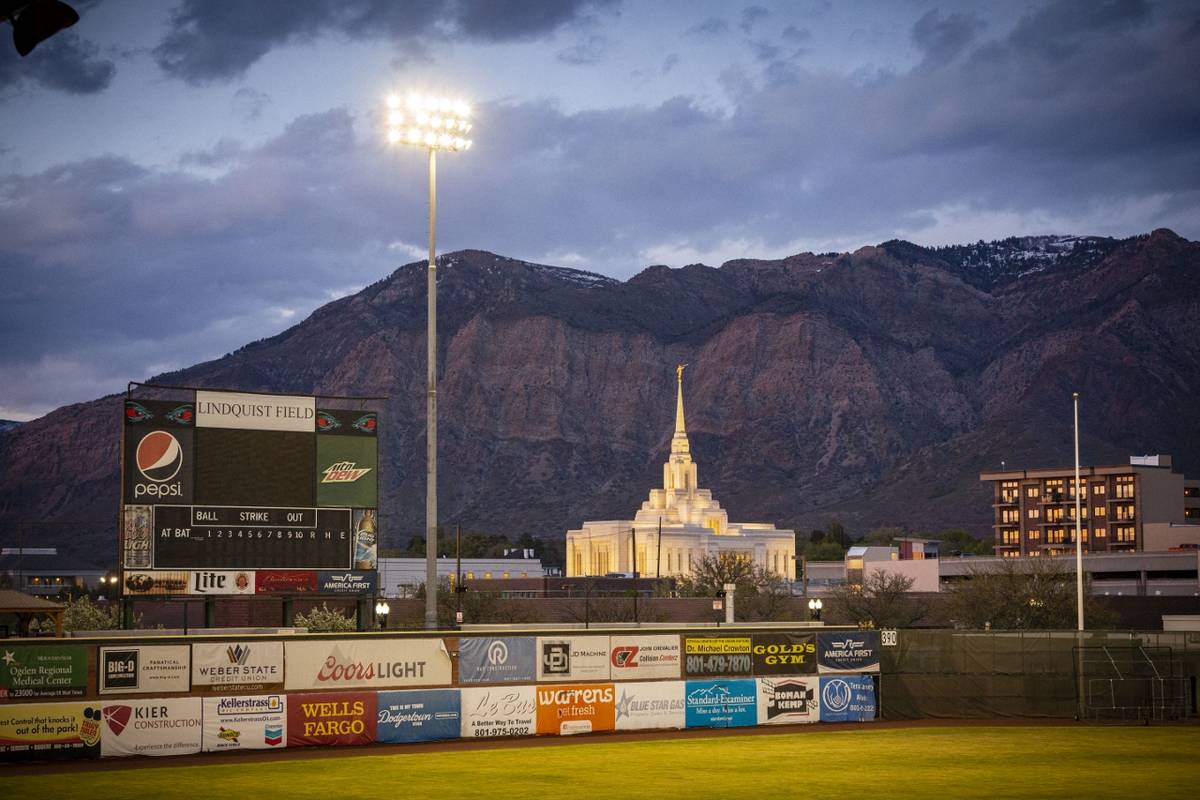
Call to bullpen
When push comes to shove — and as alluded to in the MLB statement — the Pioneer League and others facing extinction may instead evolve into wood bat organizations patterned on the Cape Cod League for college prospects. Others may incur the added cost and strike out on their own as independent teams.
“I started in professional baseball as a minor league player, and I spent two years playing for an independent team, so I know what that’s like,” said Dave Baggot, owner-GM of the Pioneer League’s Ogden franchise, the rookie advanced affiliate of the Los Angeles Dodgers. “You feel like you’re on the outside looking in.
“Can we play as an independent? Sure. Do we want to? No. The best reason is the players that have come through here. The Prince Fielders. The Corey Seagers. The Russell Martins. Everybody in Ogden knows who Cody Bellinger is, because the Dodger connection to our fan base goes back to the ’60s when Tommy Lasorda began his (managerial) career in Ogden.
“Nobody remembers who our second baseman was when we were independent in ’94. Not even me, and I signed him.”
So for now, the uncertainly continues. Minor league teams facing extinction are resigned to waiting, hoping and in many cases praying for a reprieve from the baseball governor.
And yet just this week, the Beloit (Wisconsin) Snappers, the Midwest League affiliate of the Oakland A’s, broke ground on a new ballpark. ABC Supply Stadium will offer a 3,800-seat grandstand with administrative offices and modern player facilities, concessions and restrooms, as well as a kids’ play area and a stadium club that can be used year-round.
The news release said team officials believe the new ballpark will be enough to keep baseball in Beloit for the 2021 season and beyond.
It made no mention of their fingers being crossed.
Contact Ron Kantowski at rkantowski@reviewjournal.com or 702-383-0352. Follow @ronkantowski on Twitter.



